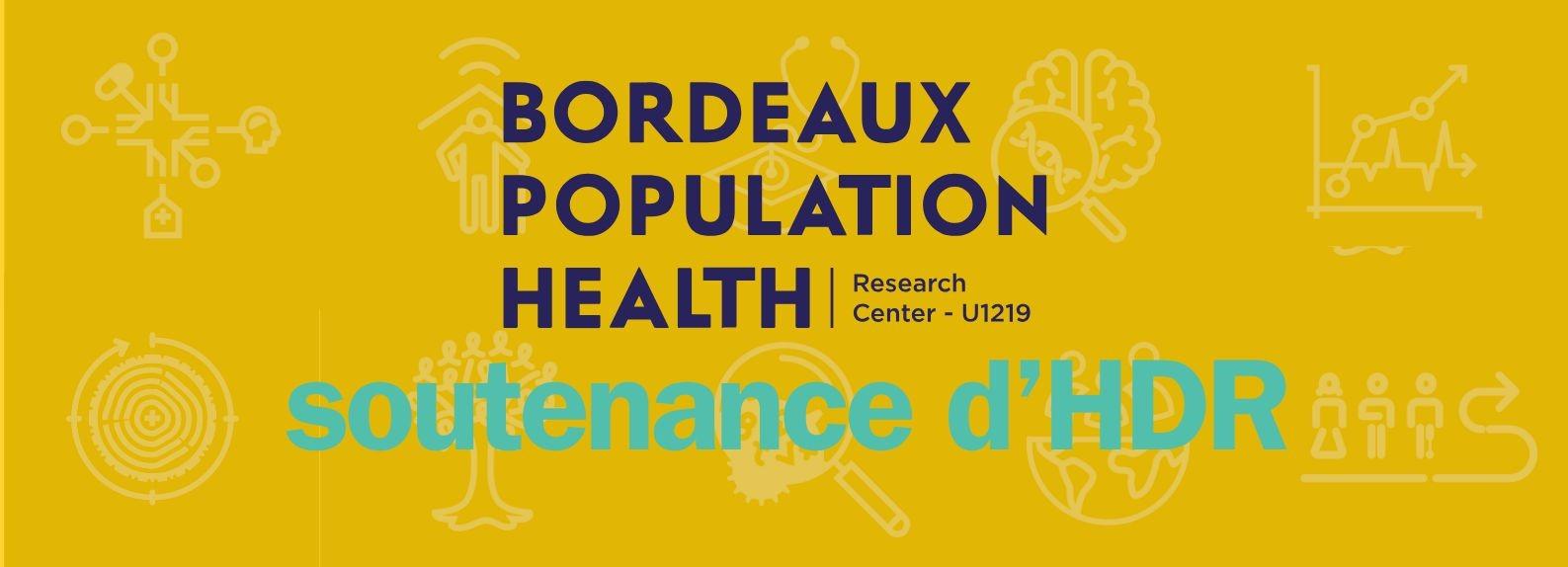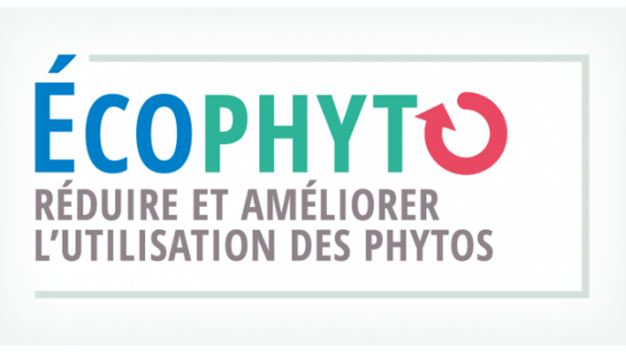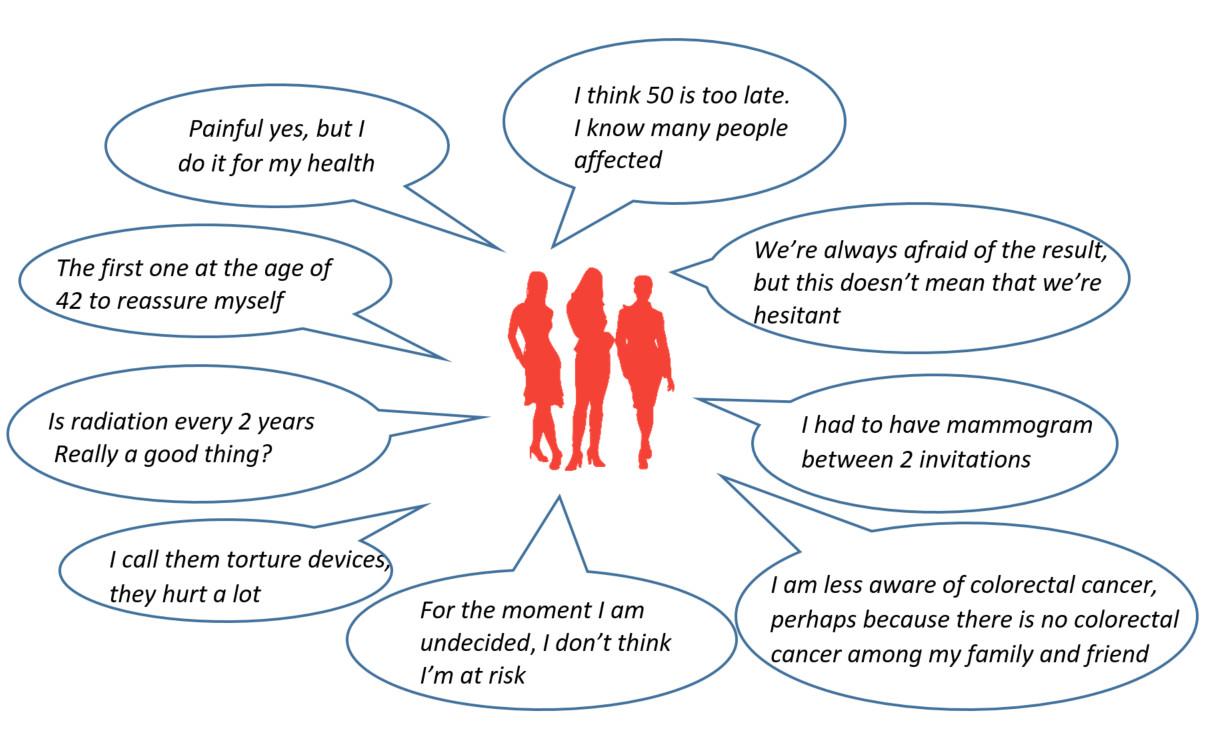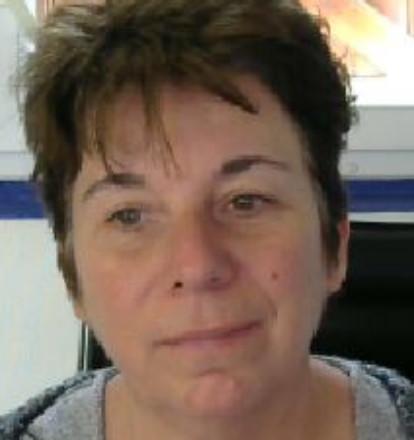
EPICENE
EPIdemiology of Cancer and EnviroNmental Exposures


Details
Université de Bordeaux – ISPED case 11
146 rue Léo-Saignat 33076 BORDEAUX cedex
Objectives
EPICENE’s research is focused on cancers and environmental and occupational determinants of health. Our projects address methodological challenges in a multidisciplinary approach with the aim of expanding knowledge on cancer survival and its determinants, developing new approaches to estimate life-long environmental exposures (Exposome concept), understanding the role of the environment and the occurrence of certain cancers.
Research areas
Theme 1: Cancer survival
Theme 2: Methods in environmental and occupational exposures
Theme 3: Environmental Etiology of Cancer
—————
Theme 1: Cancer survival: improving knowledge, detecting frail individuals, identifying surrogate endpoints
Although survival rates have improved for the main cancers over the past decades, they remain highly variable depending on the cancer site and on many more individual parameters. We strive to further understand the factors associated with better survival for cancer patients.
Thanks to our involvement in population based cancer registries, we generate new data on cancer survival and its determinants (treatments, comorbidities, care practices, palliative care) for several cancer types (hematological cancers, breast cancer…).We pay particular attention to frail people, for whom efforts of detection and prevention are strongly needed, including elderly people whose number will rapidly increase in the coming decades. We develop new tools for detection programs and we investigate cancer literacy in elderly cancer patients.
Our efforts also focus on improving cancer screening strategies (including organized mass screening). We also develop new biostatistical approaches to assess treatment efficacy and patient survival in randomized controlled trials and in real-life settings
Theme 2: Methods in environmental and occupational exposures: the exposome knowledege
Our research aims to improve the knowledge of levels and determinants of exposure to major contaminants with field measurements in order to identify the main determinants of exposure (usable in retrospective questionnaires and in large population cohorts).
2024 Key Publications
Alaoui A, Christ F, Silva V, Vested A, Schlunssen V, Gonzalez N, Gai L, Abrantes N, Baldi I, Bureau M, Harkes P, Norgaard T, Navarro I, de la Torre A, Sanz P, Martinez MA, Hofman J, Paskovic I, Paskovic MP, Glavan M, Lwanga EH, Aparicio VC, Campos I, Alcon F, Contreras J, Mandrioli D, Sgargi D, Scheepers PTJ, Ritsema C, Geissen V. Identifying pesticides of high concern for ecosystem, plant, animal, and human health: A comprehensive field study across Europe and Argentina. Sci Total Environ. 2024;948:174671. https://doi.org/10.1016/j.scitotenv.2024.174671
Chanteclair A, Duc S, Amadeo B, Coureau G, Soubeyran P, Mathoulin-Pelissier S, Peres K, Helmer C, Galvin A, Frasca M. Hospital-based palliative care referrals: determinants in older adults with cancer. BMJ Support Palliat Care. 2024;14(e3). https://doi.org/10.1136/spcare-2024-004787
de Graaf L, Bresson M, Boulanger M, Bureau M, Lecluse Y, Lebailly P, Baldi I. Pesticide exposure in greenspaces: Comparing field measurement of dermal contamination with values predicted by registration models. Sci Total Environ. 2024;919:170816. https://doi.org/10.1016/j.scitotenv.2024.170816
Dinart D, Rondeau V, Bellera C. Sample Size Estimation Using a Partially Clustered Frailty Model for Biomarker-Strategy Designs With Multiple Treatments. Pharm Stat. 2024;23(6):1084-94. https://doi.org/10.1002/pst.2407
Galey L, Nascimento A, Cuvelier L, Mollo V, Albert M, Brossard M, Gaillard I, Marquet A, Boccara V, Delgoulet C, Garrigou A. Developmental approach of safety in ergonomics/human factors: insights of constructed safety in six work environments. Ergonomics. 2024:1-22. https://doi.org/10.1080/00140139.2024.2390127
Manangama G, Galera C, Audignon-Durand S, Gramond C, Tartaglia M, Zaros C, Teysseire R, Brochard P, Sentilhes L, Delva F. Maternal occupational exposure to carbonaceous nanoscale particles and neurodevelopmental outcomes in early childhood: Analysis of the French Longitudinal Study of Children – Elfe study. Environ Res. 2024;248:118364. https://doi.org/10.1016/j.envres.2024.118364
Menant M, Benlala I, Thaon I, Andujar P, Julia B, Brochard P, Chouaid C, Clin B, Gislard A, Gramond C, Paris C, Pairon J-C, Delva F. Relationships between asbestos exposure and pleural plaques: dose and time effects using fractional polynomials. Occup Environ Med. 2024;81(6):313-9. https://doi.org/10.1136/oemed-2023-108975
Mohammadnejad A, Ryg J, Ewertz M, Jylhava J, Hjelmborg Jv, Galvin A. Association of cancer with functional decline at old age: a longitudinal study in Danish twins. Scand J Public Health. 2024:14034948241240823. https://doi.org/10.1177/14034948241240823
Poiseuil M, Molinie F, Dabakuyo-Yonli TS, Laville I, Fauvernier M, Remontet L, Amadeo B, Coureau G. Impact of organized and opportunistic screening on excess mortality and on social inequalities in breast cancer survival. Int J Cancer. 2024. https://doi.org/10.1002/ijc.35173
Renier M, Hippert J, Louis-Bastien W, Tual S, Meryet-Figuiere M, Vigneron N, Marcotullio E, Baldi I, Lebailly P, group A. Agricultural exposure and risk of ovarian cancer in the AGRIculture and CANcer (AGRICAN) cohort. Occup Environ Med. 2024;81(2):75-83. https://doi.org/10.1136/oemed-2023-109089
Last News


Ecophyto funding for a multidisciplinary projet “One Health”
New project
End of inclusions in the ETIOSARC population study and new funding from the National Cancer Institute for an initial data valorization
New project
Presentation award - Data driven approaches to study maternal occupational multi-exposures during pregnancy and intrauterine growth: analysis of the ELFE study
Awards
The National League Against Cancer renews her label of the research team: Epidemiology of Adult Leukemia and Lymphoma (ELLA)
Non classé
Seminar ‘Results of the SPRINT project - Impacts of pesticides on the environment and human health: how can we achieve a sustainable transition?
Events
PUBLICATIONS: 2 publications studying women's participation in screening for three cancers have just been published by researchers from the Epicene team
Press
Les chercheurs de l’équipe EPICENE du BPH interviendront au prochain séminaire Vins & environnement du 15 novembre prochain sur la question de la santé en lien avec les utilisations de pesticides en vigne
EventsMembers
AbdessadokHalima
Chargée de projets scientifiques pesticides & santéAlbertMarion
Doctorante en ergonomieAmadeoBrice
Maître de conférencesAudignon-DurandSabyne
Ingénieure de recherche, PhDBaldiIsabelle
BaraultMarion
BarqueroAlicia
PhD Student in EpidemiologyBelleraCarine
PhD/HDRBergeauLydie
Attachée de recherche cliniqueBerteaudEmilie
Attachée de recherche cliniqueBouvierGhislaine
BrochardPatrick
BureauMathilde
Chargée de projets scientifiques Pesticides et SantéCanal RaffinMireille
MCU-PH, enseignant chercheurCANETJim
Pharmacien ÉpidémiologisteCantrelleChristelle
Institut BergoniéCarlesCamille
MCU-PH en santé travail Equipe EPICENECatherineFrancoise
ComelliCécilia
Ingénieure d'étudesCONSTANTSABRINA
Assistante AdministrativeCoureauGaelle
Médecin épidémiologiste MCU-PHCourtinardCoralie
PhD StudentDantasChristel
DarquySylviane
Chercheur Insermde GraafLucie
Post-docDelvaFleur
MD-PhDDepontMarion
DinartDerek
DubourgCecile
DUCAMPStéphane
Hygiéniste industrielDUPEYREMartin
Hygieniste industrielFardeauCeline
FERRARIStéphanie
Attachée de recherche cliniqueGalvinAngéline
Post-docGalyCorinne
Attachée de Recherche CliniqueGarrigouAlain
Professeur des universités en ergonomieGOULARDHELENE
Epidémiologiste - cheffe de projetGoutilleFabienne
GruberAnne
GuilleminLea
JAUNASKellian
BiostatisticienJestin GuyonNolwenn
KoenigPauline
LacourtAude
Chargée de recherche INSERMMathoulin-Pelissiersimone
DirectriceMaurelOriane
MonnereauAlain
Praticien hospitalier des Centres de Lutte Contre le CancerOdanoIsabelle
ORAZIOSébastien
PhDPOISEUILMarie
Post DoctoranteRabetMathilde
Attachée de Recherche CliniqueRaherison Chantal
ProfesseurSeriauMarilene
SwierczynskiGuillaume
TartagliaMarie
DoctoranteThevenetVincent
MD - AHU - DoctorantTranchetEmeline
VidouFabienne
WOEHRLEHélène
Attachée de recherche clinique



